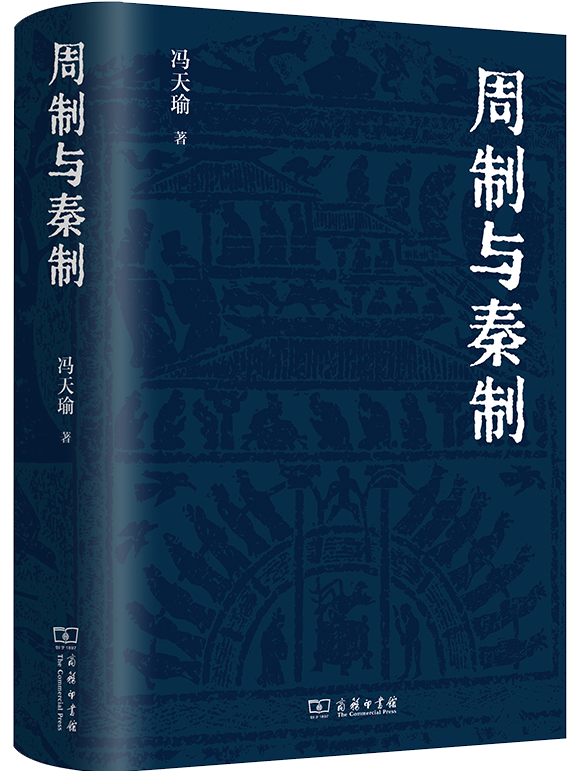
This posthumous work by Mr. Feng Tianyu draws upon his extensive research into ancient Chinese traditional culture, institutions, and history. It delves deeper than a literal interpretation of the specific governing structures of Zhou and Qin dynasties. Instead, it explores the broader cultural influence of the two dynasties. The Zhou Dynasty's influence spanned roughly three thousand years, reaching into the late Qing Dynasty, while the Qin Dynasty's impact continued for two thousand years. Though both systems experienced adaptations and even disruptions over time, they remained foundational pillars of Chinese governance for thousands of years. Within the evolution of Chinese political institutions, the Zhou System and Qin System represent two fundamental governance models. The debate over which system to favor- Zhou or Qin – has been a constant thread throughout Chinese history, with particularly vigorous discussions during the early Qin, early Han, Tang, Ming, and Qing dynasties. Over thousands of years, the influence of these systems in China's state governance exhibited a fascinating pattern of ebb and flow. The Zhou and Qin systems continually evolved, with each iteration leaving its mark on the political landscape. Despite adaptation and fluctuations, a unifying theme persists: the quest for effective governance, which often involved a delicate balancing act, seeking harmony between Confucian ideals of moral leadership and the emphasis on codified laws and enforcement championed by Legalists. This book critically and concisely analyzes the strengths and weaknesses of each system. Mr. Feng advocates for discarding outdated practices from both systems while drawing upon their positive aspects. He further emphasizes the importance of incorporating valuable elements from foreign cultures to contribute to the development of modern Chinese culture. In today's world, Mr. Feng's work offers valuable insights for understanding and preserving China's rich cultural heritage. It aligns perfectly with the principle of "integrating Marxism's basic tenets with China's specific realities and the best of China’s traditional culture", contributing to the development of Socialism with Chinese Characteristics for a New Era.
